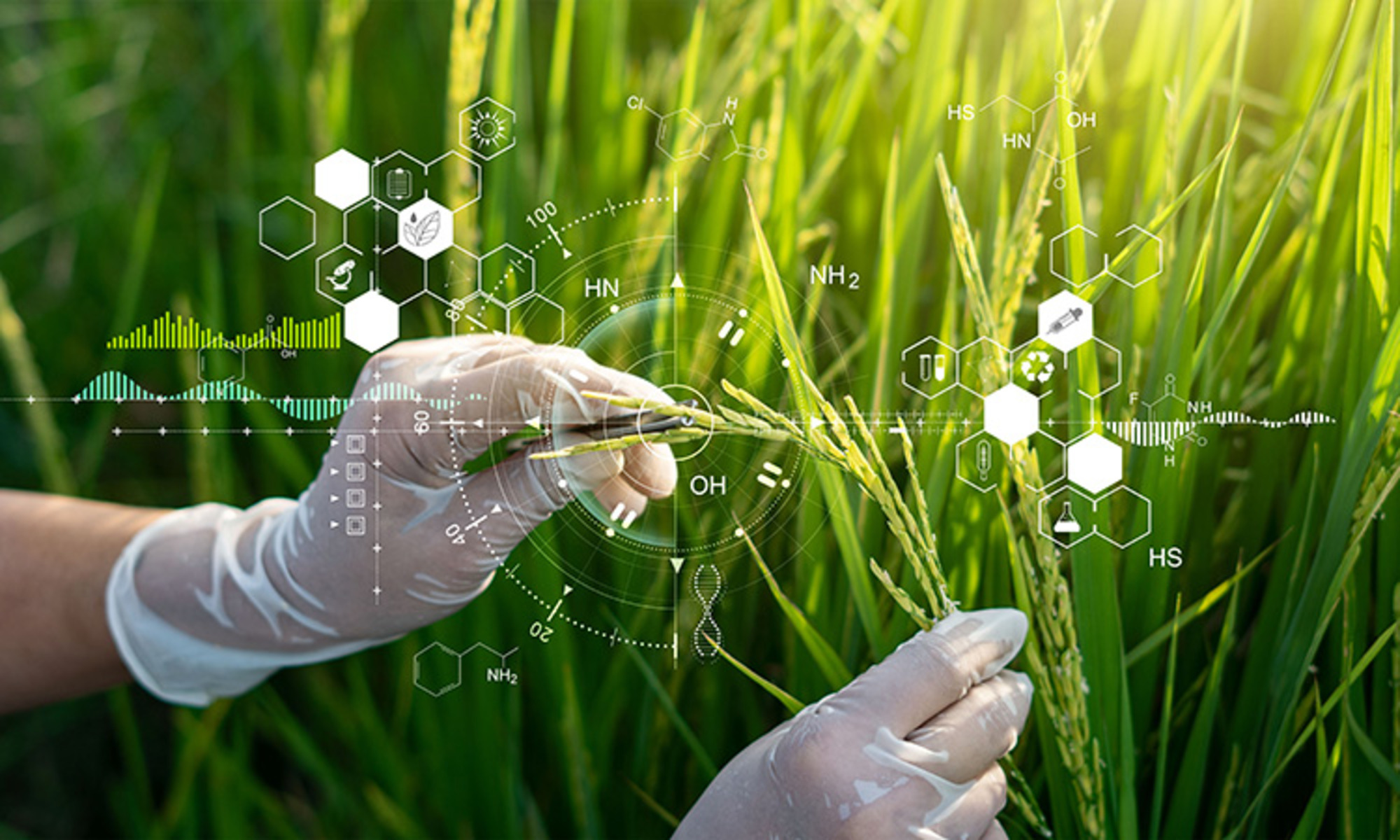Agriculture & Conservation, Environmental Pollution and Degradation, Environmental Impact Assessment
News: Contested harvest: On India and genetically modified food crop
When genetically modified (GM) food crops are adopted in India, what are the possible advantages and disadvantages? List out the national regulatory structures regarding GM crops.
Genetically modified (GM) crops, also referred to as genetically engineered crops, are plants whose genetic material has been purposefully changed by applying particular DNA sequences. These changes are intended to improve desired characteristics including increased production, drought or extreme temperature tolerance, and pest resistance.
GM crops in India:
- In 2002–2003, Indian farmers started growing Bt cotton, a genetically modified cotton strain that is resistant to pests. In Bt modification, a gene from the soil bacterium Bacillus Thuringiensis is inserted into the cotton plant.
- Genetically modified mustard varieties can now be grown commercially, according to GEAC approval.
Benefits of GM crops:
- Reduced Waste: By increasing agricultural productivity and minimizing losses from pests and illnesses, genetically modified crops can cut down on waste.
- Less Dependency on Pesticides: Genetically modified crops that are resistant to pests may lessen the demand for chemical pesticides.
- Abiotic Stress Tolerance: Certain genetically modified crops are designed to endure severe weather, such as drought or extremely high temperatures.
Global level GM crop cultivation:
- Together, the top five GM-growing nations—the United States, Brazil, Argentina, India, and Canada—account for around 90% of the GM cultivation area.
- The main genetically modified crops grown worldwide include soybean, maize, cotton, and canola that have insect and herbicide resistance.
Bodies related to GM regulation:
- The Recombinant DNA Advisory Committee (RDAC) keeps tabs on both domestic and global technological advancements.
- The Institutional Biosafety Committee (IBSC) oversees compliance with established safety protocols and grants approval for low-risk investigations. Suggests that high-risk research be approved by the Review Committee on Genetic Manipulation (RCGM).
- The Review Committee on Genetic Manipulation (RCGM) examines all current initiatives that include controlled field trials with a high degree of risk and approves requests to produce genetically modified plant research data.
- Activities involving the extensive use of genetically modified organisms (GMOs) in research and production are approved by the Genetic Engineering Appraisal Committee (GEAC).
Regulation of GM Crops:
- The safety of human health, animal health, and biodiversity is ensured by regulations surrounding the development, cultivation, and transboundary movement of genetically modified crops.
- Such guidelines are included in the Rules for Manufacture, Use, Import, Export and Storage of Hazardous Microorganisms (HM) Genetically Engineered Organisms or Cells, 1989 under the Environment Protection Act (1986).
- All activities related to the study and production of GMO-containing items, such as transgenic crops, pharmaceuticals, industrial products, food, and foodstuffs, are covered by the regulations.
- Clinical and field trials
- Intentional or unintentional release
- Manufacturing, exporting, and importing
- The Cartagena Protocol on Biosafety to the Convention on Biological Diversity is an international agreement which aims to ensure the safe handling, transport and use of living modified organisms (LMOs) resulting from modern biotechnology that may have adverse effects on biological diversity, taking also into account risks to human health.
Concerns:
- Segregation and Cross-Pollination: Concerns have been raised over the potential for cross-pollination of GM crops and their wild relatives as well as the mixing of GM and non-GM crops.
- Antibiotic Resistance Marker Genes: During development, certain genetically modified crops employ antibiotic resistance genes as markers. The possibility that these genes will spread to environmental microbes raises concerns.
- Food safety and allergies: It is vital to make sure that GM crops do not add any new allergies to the food chain. There is ongoing discussion on the safety of GM and non-GM foods.
- Public Attitude and Industry Durability: There is still a great deal of opposition to genetically modified crops even in the face of scientific proof that they are safe. To address public concerns, governments, scientists, and industry participants must keep up their research and communication.
Genetically modified agriculture (GM) crops are a potent tool for solving agricultural problems, but navigating this complicated environment requires responsible regulation, open communication, and continuous research. Ultimately, the Court directed the Center to develop a genetically modified crop policy. Proponents and opponents are engaged in a tug-of-war between practicality, ethics, and science as the conflict continues. The GM crop controversy is still very much a contentious issue as India struggles with its agricultural destiny.

